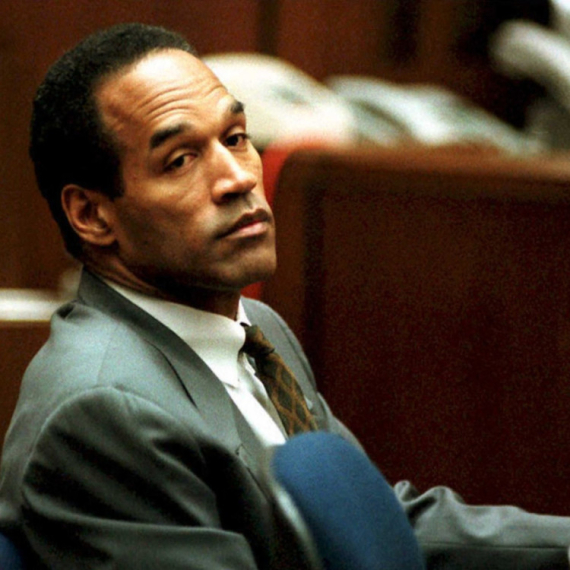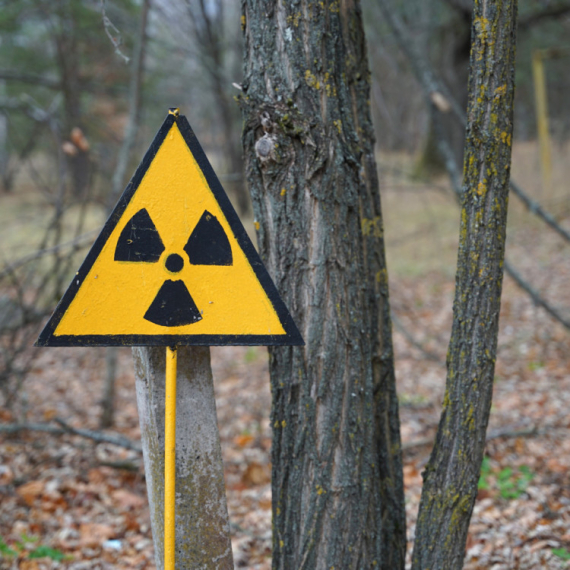EBRD notes transitional improvement
The European Bank for Reconstruction and Development (EBRD) says that Serbia’s average mark for progress in transition has risen from 2.7 to 2.85.
Wednesday, 26.11.2008.
10:24

The European Bank for Reconstruction and Development (EBRD) says that Serbia’s average mark for progress in transition has risen from 2.7 to 2.85. This has come about thanks to a bolstered financial sector and trade liberalization, the bank states. EBRD notes transitional improvement Its 2008 transition report states that “Serbia has significantly progressed in terms of regional and European integration,” and that “it has made progress in negotiations with the World Trade Organization, of which it could become a member in 2009.” The EBRD says that even though Serbia has enjoyed strong economic growth, problems persist with high levels of inflation and the payment balance deficit. Since monetary policy is restrictive in Serbia, fiscal policies have to ensure that public spending is kept under control. The EBRD states that the high level of economic growth in Serbia will probably fall in the short-term, because of the impact of the international financial crisis. The bank states that economic growth in Serbia will probably fall by 0.5 percent to seven percent this year and three percent in 2009. The average rate of growth in all other transitional countries will fall to three percent in 2009, the EBRD adds. The report also states that if political stability is maintained, Serbia will become very attractive to investors, not only through the anticipated privatization of large companies and infrastructure projects, but also because of the advantages of its geographical location. The EBRD states that Belgrade is a very attractive city because of its links to other parts of the region. The key risk for stability is the Kosovo question, though the EBRD states that it does not expect the Serbian government to allow the issue to block European progress and structural reforms. According to the bank, the privatization of large companies in Serbia has become bogged down, and a large number of public and state-owned companies have yet to be sold. The report highlights the need for tenders and sales to be transparent in order to attract a high level of quality investments. Serbia also needs to build on its infrastructure and requires essential reforms in the energy, traffic and telecommunications sectors, the report adds.
EBRD notes transitional improvement
Its 2008 transition report states that “Serbia has significantly progressed in terms of regional and European integration,” and that “it has made progress in negotiations with the World Trade Organization, of which it could become a member in 2009.”The EBRD says that even though Serbia has enjoyed strong economic growth, problems persist with high levels of inflation and the payment balance deficit.
Since monetary policy is restrictive in Serbia, fiscal policies have to ensure that public spending is kept under control.
The EBRD states that the high level of economic growth in Serbia will probably fall in the short-term, because of the impact of the international financial crisis.
The bank states that economic growth in Serbia will probably fall by 0.5 percent to seven percent this year and three percent in 2009.
The average rate of growth in all other transitional countries will fall to three percent in 2009, the EBRD adds.
The report also states that if political stability is maintained, Serbia will become very attractive to investors, not only through the anticipated privatization of large companies and infrastructure projects, but also because of the advantages of its geographical location.
The EBRD states that Belgrade is a very attractive city because of its links to other parts of the region.
The key risk for stability is the Kosovo question, though the EBRD states that it does not expect the Serbian government to allow the issue to block European progress and structural reforms.
According to the bank, the privatization of large companies in Serbia has become bogged down, and a large number of public and state-owned companies have yet to be sold.
The report highlights the need for tenders and sales to be transparent in order to attract a high level of quality investments.
Serbia also needs to build on its infrastructure and requires essential reforms in the energy, traffic and telecommunications sectors, the report adds.


























































Komentari 1
Pogledaj komentare